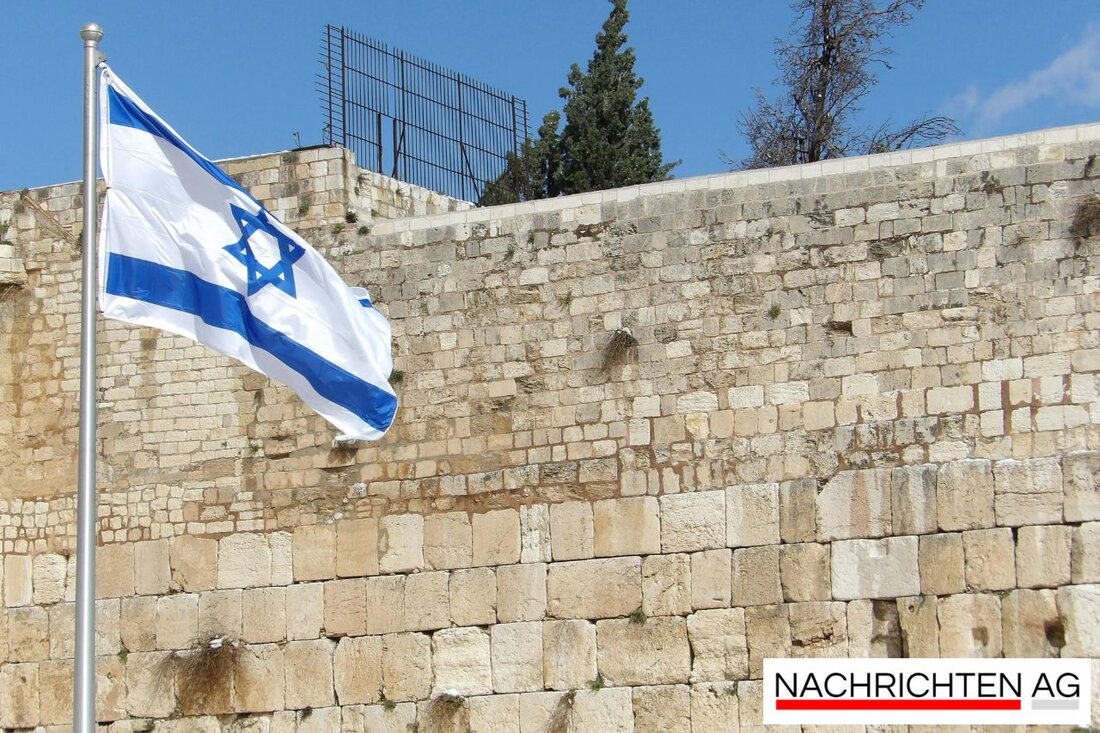Septuag int are in Wuppertal: Research on old texts in danger!
Septuag int are in Wuppertal: Research on old texts in danger!
Wittenberg, Deutschland - In Wuppertal, the renowned Septuaginta conference went over the stage again and this time the atmosphere was particularly excited. For the ninth time, around 30 speakers from all over Europe as well as Israel, South Africa, Korea and Canada came together to deal intensively with the oldest translation of the Hebrew-Aramaic Bible-the Septuagint. This conference, so reports the Wuppertaler Rundschau , not only represents a platform for the exchange, but also illuminates the valuable findings that through research at the Septuagint.
The term Septuagint comes from the Greek word for "seventy", since the legend says that 70 scholars have translated the Old Testament into Greek. This translation was around 250 BC. BC of great importance than fewer and fewer people understood Hebrew. The Old Testament was thus made accessible to a broader public, especially at the time of the New Testament when many people knew the Greek translation.
research focus Wuppertal
It is particularly exciting that the Wuppertal University of Applied Sciences, which focuses intensively on Septuagint research, is actively working on a translation project. As part of the “Septuaginte German” project, manuals have already been created that facilitate access to these ancient texts and prepare the findings from research for interested parties. The highlight of the current conference was a lecture by Prof. Dr. Sabine Müller, who dealt with the Hellenistic historiography, as well as another of Geiger and Prof. Dr. Matías Martínez for modern narrative theory.The conference has also offered the framework for significant scientific discussions. Prof. em. Dr. Siegried Kreuzer, who has been leading a project funded by the German Research Foundation for Old Testament quotations in the Gospels since 2018, was expressed on the relevance of these quotations. They are not only historical evidence for the Septuagint, but also show that the evangelists often quoted from the translation. Research showed that the quotes from the Old Testament corresponded to the known text forms at that time and were not adapted to the wishes of the evangelists.
A look into the future
The interest in Septuagint research is unbroken, which will also be shown in the announcement of the next conference, which will take place in Wittenberg in 2027. Frank Ueberschaer will take over the management. It is this continuity that illustrates the importance of dealing with the ancient texts for our time. The closure of the Wuppertal University of Applied Sciences, which was decided in February 2023 by the Synod of the Evangelical Church in the Rhineland, will bring further challenges on March 31, 2027.
The results of the conference and the ongoing research at the Septuagint represent a valuable contribution to biblical source research. The team around Prof. Kreuzer shows that the relevance of quotes is also important for future scientific work, but could often be overlooked, but could ventilate an invisibility curtain. It looks like the path of Septuagint research is far from over.
| Details | |
|---|---|
| Ort | Wittenberg, Deutschland |
| Quellen | |


Kommentare (0)